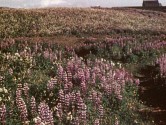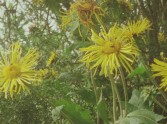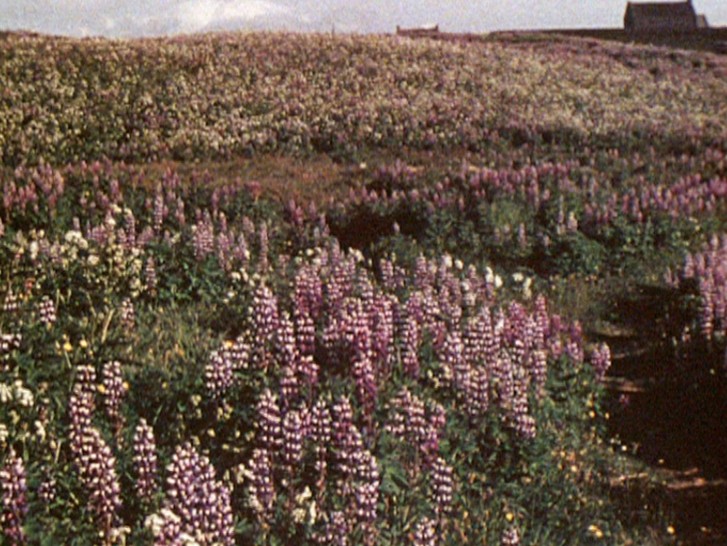
Films by and about Margaret Tait
Screening on Film
$15 Special Event Tickets
It was in summer 1993 when I first saw films by Margaret Tait. Not in a cinema, but at a 16mm editing table in the Filmmakers Co-op office in London. The room was not dark enough, the image small, but I was inspired and deeply touched by something that is difficult to put into words. Till today I ask myself, what is it, that I admire so much in Margaret Tait's films? They are timeless and speak directly to our inner self, plain and clear and complex at the same time. Her images are simple, nothing special, her camera movements motivated by an inner impulse, often surprising, like her editing. If we see her films, something remains secret, inexplicable but not hidden. Tait said: "The cinema I care about is at the level of poetry." Perhaps this best explains what defies explanation.
In 1994 I organized the first retrospective of her films in Berlin and several cinemas in Germany. Because I wanted to see all her films I visited Tait in Orkney in summer 1995. We sat down in her living room, and she projected her 16mm films in an empty picture frame. After studying film in Rome in 1951, Tait actually wanted to make features—not shorts—but it was not until the age of seventy-three that she was able to realize her only feature-length film Blue Black Permanent. Luckily, she wasn't given the means earlier, otherwise her idiosyncratic shorter films—which today give her an important place in the canon of poetic film—would not exist.
I have selected seven short films for the program to show a range, starting with one of her earliest films, A Portrait of Ga, from 1952 and ending with her last film, Garden Pieces, from 1998. The Tait program is framed by two of my own short films, which I filmed during my visit to Orkney in 1995. – Ute Aurand
PROGRAM
-
On My Way to Orkney
Directed by Ute Aurand.
UK/Germany , 1998, 16mm, color, 4 min.
Print source: Filmmaker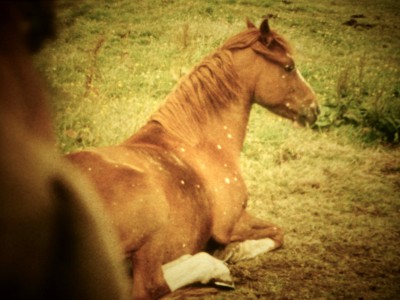
-
A Portrait of Ga
Directed by Margaret Tait.
UK, 1952, 16mm, color, 5 min.
Print source: LUX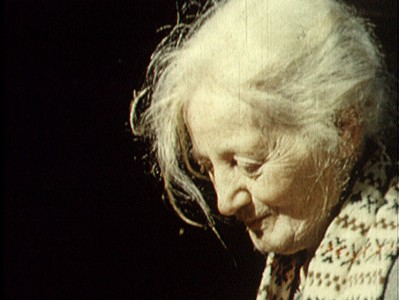
-
Aerial
Directed by Margaret Tait.
UK, 1974, 16mm, color, 4 min.
Print source: LUX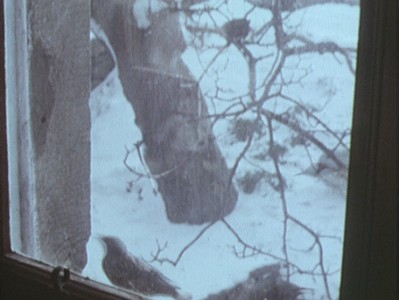
-
The Leaden Echo and the Golden Echo
Directed by Margaret Tait.
UK, 1955, 16mm, color, 7 min.
Print source: LUXColour Poems
Directed by Margaret Tait.
UK, 1974, 16mm, color, 12 min.
Print source: LUX
Calypso
Directed by Margaret Tait.
UK, 1955, DCP, color, 4 min.
DCP source: LUX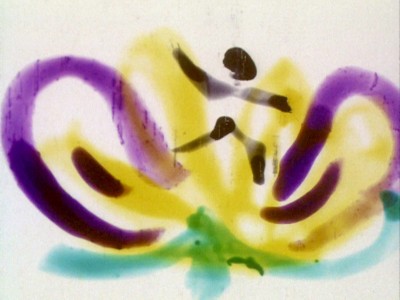
Happy Bees
Directed by Margaret Tait.
UK, 1954, 16mm, color, 17 min.
Print source: LUX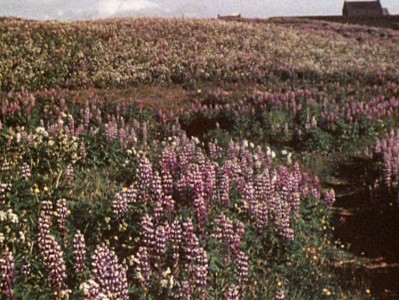
Garden Pieces
Directed by Margaret Tait.
UK, 1998, 16mm, color, 12 min.
Print source: LUX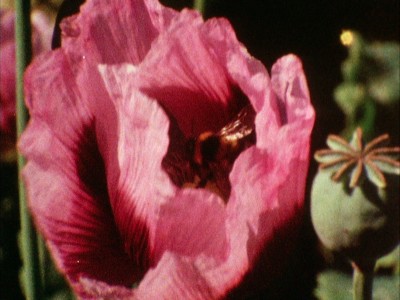
Glimpses from a Visit to Orkney in Summer 1995
Directed by Ute Aurand.
Germany/UK, 2020, 16mm, color, silent, 5 min.
Print source: Filmmaker




